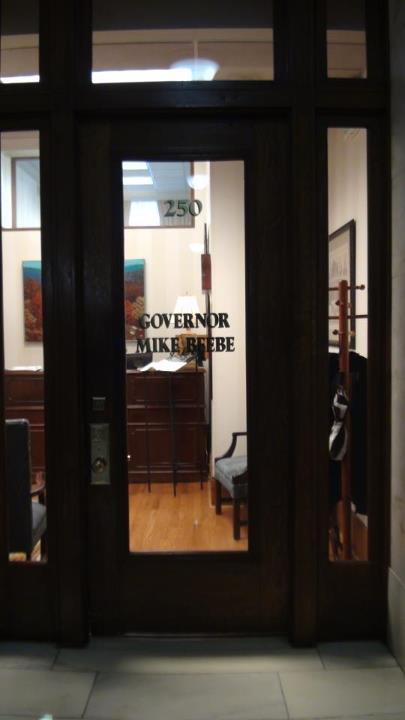
Monday, 25 March 2013
For if Abraham was justified by works, he has something to boast about, but not before God. Romans 4:2
Paul’s words today would be set against the thought of the Jew who says, “Abraham was justified through circumcision.” And again, “Abraham was justified by the offering of his son on Mount Moriah.” To argue against this, he will introduce Scripture which will stand against this thought.
It’s important to note here though that James 2:21 seems to indicate contrary to this –
“Was not Abraham our father justified by works when he offered Isaac his son on the altar?”
There are important concepts which must be understood clearly before we can grab the words of James 2 and stand before God and boast in our deeds. The first is that the term ek or “out of” is used by both Paul and James concerning works, not the term dia or “through.” Although the difference may seem small, Paul consistently shows that justification does not come “through” works. The second thing to note about James 2 is that the example of Abraham and the others given (such as Rahab the harlot) are fully explained in Hebrews 11. There, they are clearly described as deeds of faith. “By faith Abraham…”
In other words, the faith in God’s word led to the deed, not the other way around. The deed had no part in the justification of righteousness. So where did the justification come from? Paul will explain it quite clearly in the following verse. To set it up though, he gives today’s verse. “If Abraham was justified by works…” The words “if Abraham was” implies that he wasn’t, but the introduction is proper to show why. Therefore, “If Abraham was justified by works, he has something to boast about.”
Of course, if we do something to merit favor, then we can boast in what we’ve done. If we are in a battle and everyone is certain to die unless an immediate source of relief is found, then the actions of the person providing the relief could lead to boasting. “Johnny charged the hill alone, took out the enemy guns, destroyed the mine field with a blasting charge, and had lunch waiting for us when we arrived at the bunker…” Well, Johnny can boast. He didn’t have faith that he would make it though. In fact, he probably thought he would die trying. He simply saw no other action and took it. It was a step in the dark.
Faith is not a step in the dark. Rather it is a step into God’s revealed light; it is trust that what He has said is true and will come to pass. This is why Paul finishes today’s verse with, “but not before God.” It is the introduction into verse 3 which will explain why Abraham’s faith was not a step into the dark, nor was it a point on which he could boast. He bore no part of his justification, but rather it was an act of God based on his faith alone.
This leads to the final point today. Faith… faith is not a deed. Exercising one’s faith is not somehow usurping God’s gift as many Calvinists would claim. Their idea is that God regenerates us to believe, we then believe, and then are saved and justified. This is nonsense of the highest order and it crosses the lines of reason. It also violates the tenor of Scripture on a multitude of levels.
When man fell, he gained the “knowledge of good and evil” and, as God said, “the man has become like one of Us, to know good and evil.” Something was lost, but something was gained. Using reason is a part of what we are. There may be nothing inherently good in us, but we can “see the good” in God and accept it. This reason, leading to faith, is not a work and it in no way diminishes the glory God deserves. On the contrary, it exalts Him because we use our free will, granted by Him, to choose Him. God regenerating somebody in order for them to be saved does the opposite. It would demonstrate God’s need to be glorified. But God lacks nothing, including the need to be glorified.
By mixing categories of what occurs in our salvation, we come up with confusion and a loss of what has happened in creation since the beginning; it skews the plan of redemption which is laid out in Scripture. Man chose to disobey and this is in no way laid at the feet of the Creator. Man chooses to accept His offer and it is completely and absolutely a gift for which God alone receives the glory. It is belief in what God says, not mere belief in God as we will see in verse 3.
Life application: Jesus and the apostles, throughout the New Testament, state time and time again words such as “believe,” “call on,” “have faith,” “trust,” etc. These are things that we do throughout our lives. The ability to do these things establishes us as rational, free-willed beings. This is a gift of God and therefore when we exercise them “for” God, it is still ultimately “of” God, not ourselves. Today, take time to revel in what God has given you… choice. Now go and give Him the glory for the choice of accepting what He has done for You – the giving of Jesus!
O God, at the very beginning we chose to reject Your word and to do things our own way. We took from the tree and were separated from You. But without all the bad, we could never appreciate the good. Thank You that the way has been restored through another tree… the cross of Calvary. I stand amazed at the glory You have revealed there. Amen.




